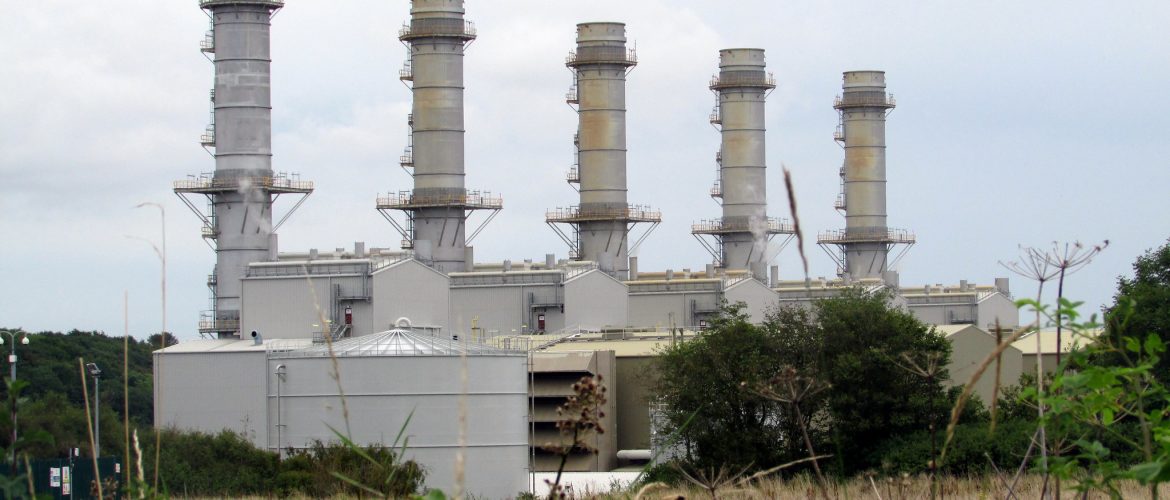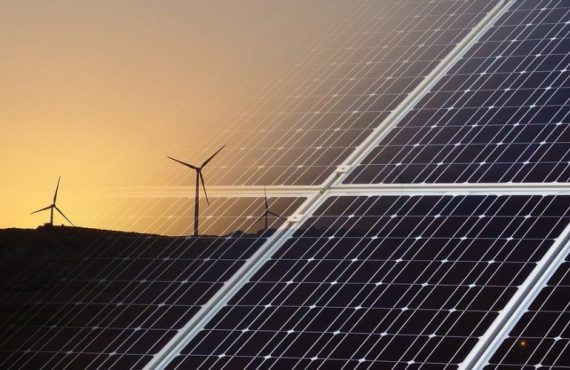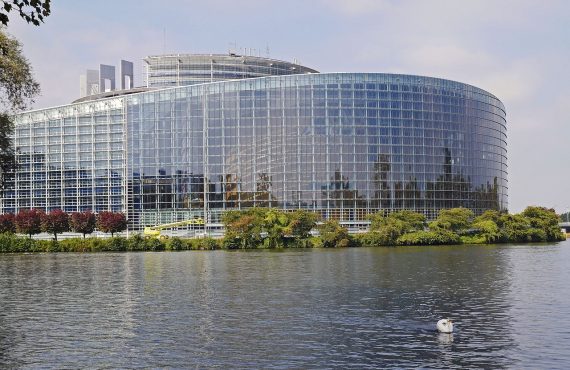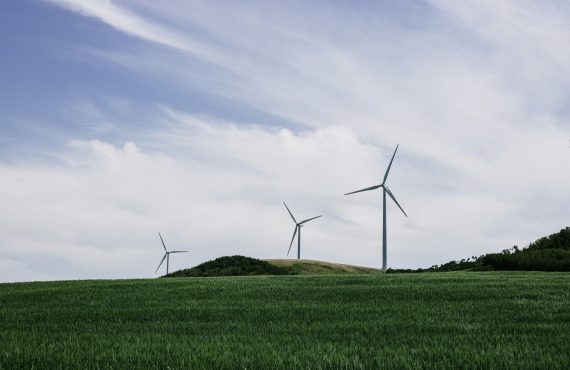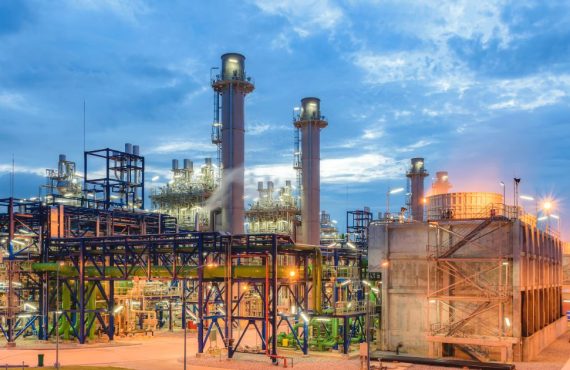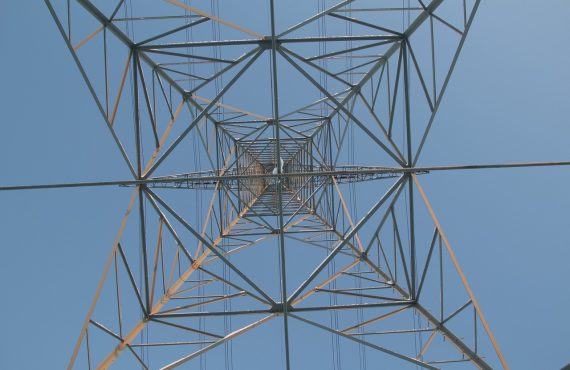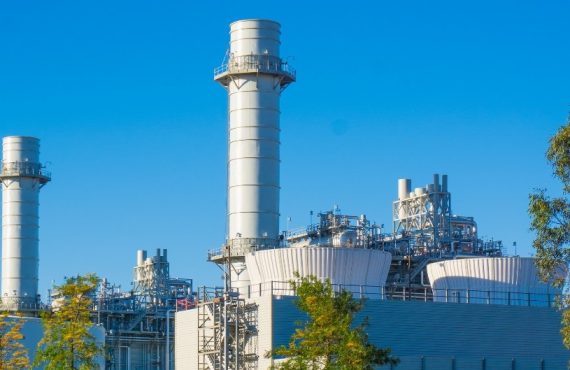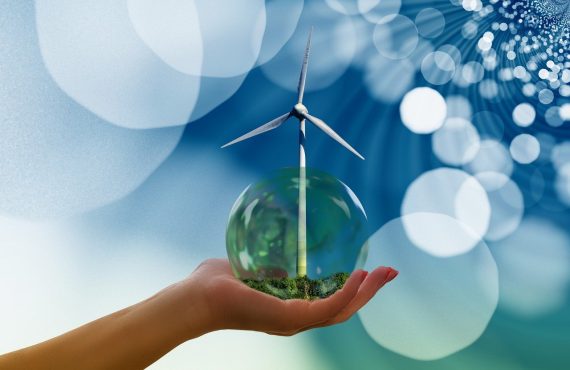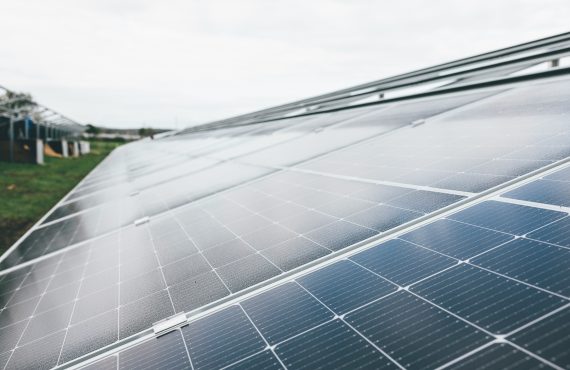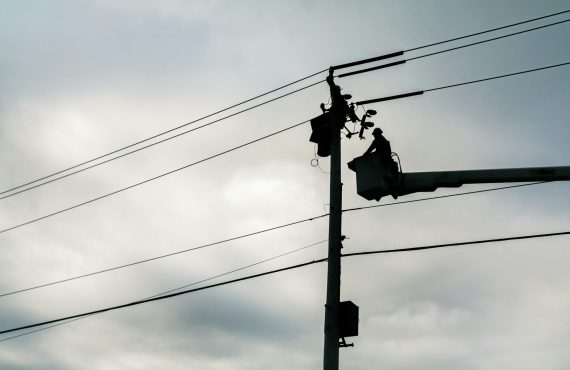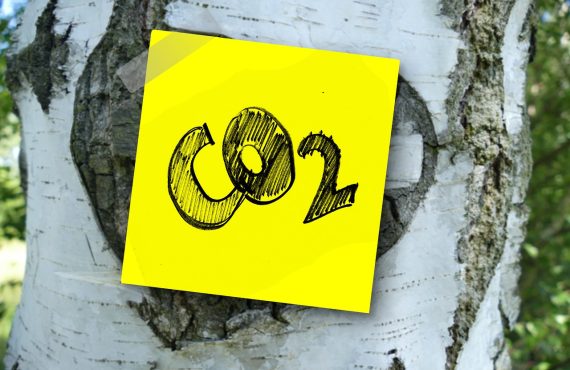In an op-ed published in energypress.gr (8/11/2024), The Green Tank’s data analyst Ioanna Souka explains why the growing dependence on gas is a problem for Greece and presents alternative viable solutions for the country’s energy security.
As she points out, although presented as a transitional fuel, fossil gas increases CO2 emissions and is an expensive fuel, as an increase in its use is directly connected to very high electricity prices.
However, despite the general trend of gas reduction in Europe, Greece has increased its consumption by 28% in the first eight months of 2024. At the same time, while the revised NECP foresees a reduction in gas consumption by 2030, new gas infrastructure is planned.
On the contrary, in the midst of the energy crisis, Greece showed that energy sufficiency can be achieved with an increased share of renewables in electricity generation and a simultaneous reduction in gas consumption. Similarly, a Green Tank analysis showed that the country’s available gas plants were more than sufficient to meet domestic electricity needs over the last 1.5 years.
Therefore, alternative and sustainable solutions for the country’s energy security and flexibility exist. These are:
- the rapid development of energy storage, grids and the penetration of renewables in general,
- the use of consumer demand response systems, granted that green/sustainable technologies are deployed as fast as possible and the new “orange” tariffs are implemented
- the strengthening of autoproduction, while simultaneously addressing the lack of electrical space.
Ioanna Souka concludes that the path towards a more sustainable energy future without fossil gas depends on the coordination and adoption of appropriate policy and technical measures, with direct benefits for the climate, the economy and consumers.
You can read her article in Greek here.



